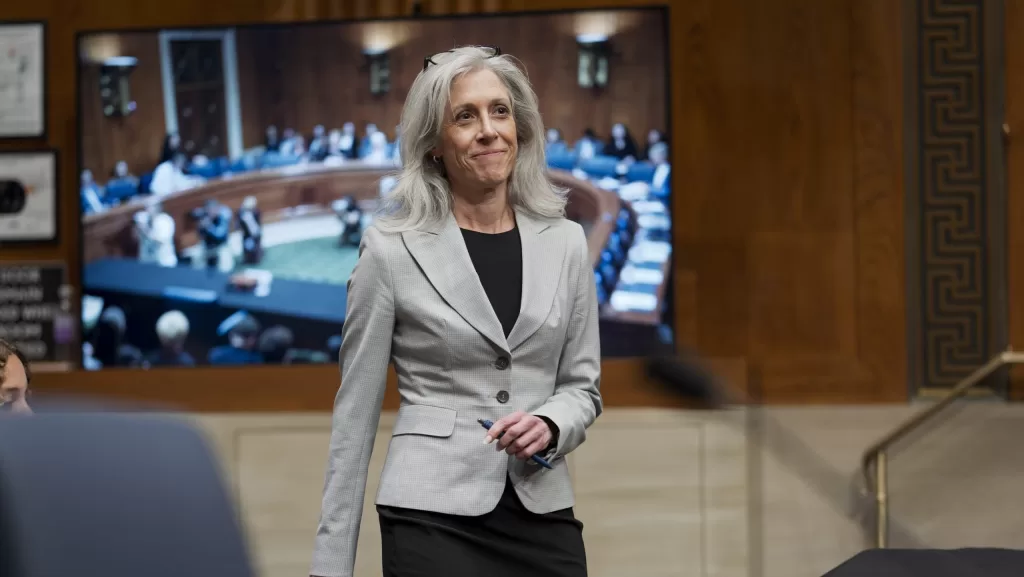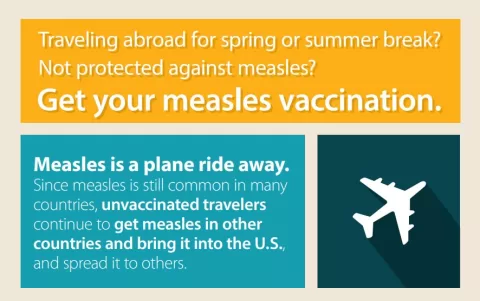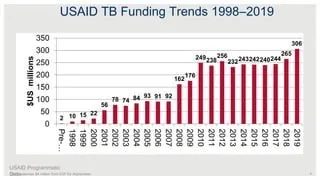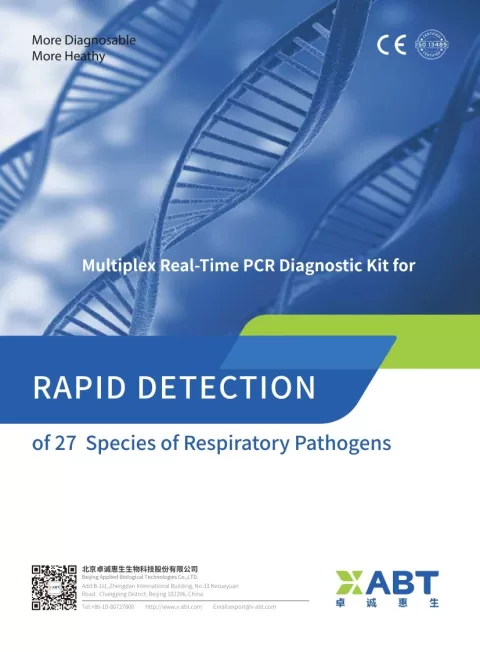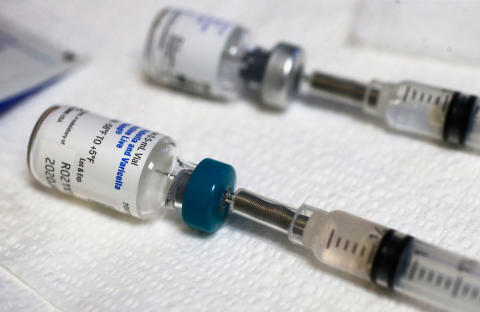In a shocking turn of events, the CDC director fired late yesterday has ignited a firestorm of controversy surrounding vaccine policy in the United States. Susan Monarez, PhD, was dismissed after refusing to “rubber-stamp” the politically charged vaccine directives set forth by Health and Human Services Secretary Robert F. Kennedy Jr. This unprecedented leadership shake-up at the Centers for Disease Control and Prevention (CDC) has raised alarm bells among public health officials who fear for the integrity of American health policy amidst a growing public health crisis. As high-ranking officials resign in protest, including the CDC’s chief medical officer, concerns deepen over the implications of such abrupt changes on vaccine efficacy and public trust. With the ongoing vaccine controversies and shifts in policy direction, the future of public health in America hangs precariously in the balance.
The recent dismissal of the CDC’s top official marks a significant point of contention in the ongoing debate over vaccination strategies. Susan Monarez’s exit from her role as the agency’s director highlights a rift between established scientific protocols and politically motivated health directives. The clash with HHS Secretary Kennedy underscores a broader struggle within the public health sector, where decisions are increasingly influenced by political agendas rather than evidence-based science. As prominent health leaders resign in response, the implications for U.S. vaccine policy could be profound, leaving many to question the foundations of the nation’s health security. This pivotal moment not only raises concerns among health experts but also casts a shadow over future public health strategies and the potential dangers posed by neglecting scientific guidance.
The Impact of Susan Monarez’s Firing on CDC’s Vaccine Policy
The recent firing of Susan Monarez as the director of the CDC has sent shockwaves through the public health community, especially regarding vaccine policy. Monarez’s clash with HHS Secretary Robert F. Kennedy Jr. illuminates the ongoing controversies surrounding vaccination directives. Her refusal to rubber-stamp what she deemed scientifically unfounded policies puts a spotlight on the tensions between political agendas and public health imperatives. Many experts view her termination as a harbinger of more significant changes to CDC’s vaccine protocols, potentially jeopardizing the integrity of immunization practices that have historically been based on rigorous scientific evidence.
Monarez’s dismissal highlights profound concerns within the CDC, which has faced increasing pressure to conform to political narratives rather than relying on comprehensive scientific research. With several high-ranking officials resigning in protest, it raises questions about the future direction of the CDC under new leadership. The implications of this shift extend beyond organizational changes; it threatens to redefine the public’s trust in vaccine policy at a critical time when clear, science-based guidance is paramount to combatting public health crises.
Vaccine Controversies and Political Implications
The political maneuvering surrounding vaccine policy is not new, but the recent changes and the firing of Susan Monarez exemplify how these tensions can culminate in drastic leadership shifts at the CDC. The specified vaccine directives from Secretary Kennedy have raised alarms among health professionals who fear that public health is being compromised for political gain. In her letter, Monarez articulated a crucial point: the need for the CDC to operate independently of political pressures that could divert from scientifically backed public health initiatives.
This infusion of politics into vaccine policies goes beyond mere organizational disagreements; it speaks to a broader public health crisis. As the credibility of the CDC is called into question, the agency risks losing the public’s confidence in vaccines, which play a crucial role in controlling infectious diseases. Historical context reveals that such controversies have often led to polarized views on vaccination, further complicating the path to herd immunity and overall community health. Vaccines save lives, a truth that must not be overshadowed by the current political climate.
Public Health Leaders Speak Out Against Political Interference in Vaccination Practices
In light of Susan Monarez’s firing, numerous public health leaders have voiced concerns regarding the implications for future vaccine practices. With key figures like Debra Houry and Demetre Daskalakis resigning, the message is clear: integrity in public health must come first. Experts emphasize that any deviation from science-based vaccine policies can not only lead to ineffective immunization strategies but can also endanger public health—especially for vulnerable populations.
The ongoing discourse reflects a critical need for transparency and scientific rigor within health policy-making. Policymakers must prioritize evidence-based practices that uphold the value of vaccines and ensure public health is not politicized. As Monarez’s departure illustrates, political interventions can have devastating effects on the operational effectiveness of the CDC, leading to dire consequences for American health amid existing vaccine controversies.
Congressional Oversight and Future of CDC Vaccine Directives
The recent upheaval within the CDC has sparked interest from Congress, particularly concerning oversight of vaccine directives. As public health leaders resign in protest of the current administration’s vaccine policies, representatives like Senator Bill Cassidy are calling for scrutiny over these changes. The implications on vaccine strategy are profound, raising fears of a regression in public health standards due to politically motivated alterations to immunization protocols.
Moving forward, it is essential for congressional bodies, especially the HELP Committee overseeing public health initiatives, to ensure that the CDC’s operations align with best practices grounded in scientific research. The fallout from Susan Monarez’s firing serves as a wake-up call for lawmakers to re-evaluate the relationship between public health and political influence, potentially paving the way for enhancements in vaccine policy that prioritize community well-being over political objectives.
Public Health Experts Respond to Administration’s Vaccine Changes
In the wake of Susan Monarez’s dismissal, public health experts have been vocal about their concerns regarding the administration’s stance on vaccination. Leaders from within the CDC warned that changes to immunization schedules, characterized by a lack of transparency and robust scientific backing, could severely threaten public health. Experts emphasize that such decisions should always be founded on empirical evidence instead of political pressures, as deviating from this standard can lead to dire consequences for health outcomes.
With several notable resignations following Monarez’s termination, the current ripple effect raises significant questions about the leadership’s ability to uphold public health standards. Experts advocate for a return to collaborative decision-making processes that incorporate insights from various scientific disciplines, essential for protecting vulnerable populations and maintaining confidence in vaccinations as a cornerstone of public health.
The Role of Social Media in Shaping Public Perception of Vaccines
The controversial firing of Susan Monarez has spurred discussions across social media platforms, highlighting the role of digital communication in shaping public perceptions of vaccines. As individuals increasingly turn to social media for health information, the spread of both facts and misinformation can dramatically influence vaccination rates and public trust in health institutions like the CDC. Posts regarding political motives behind vaccine directives can exacerbate divisions among the public, complicating efforts to promote vaccine uptake.
In facing this challenge, public health officials must navigate a landscape where misinformation is rampant. Engaging with citizens through transparent communication and addressing their concerns directly can help rebuild trust. As advocates for vaccines, health leaders must also utilize social media to disseminate accurate information and combat false narratives, making the digital realm an essential battlefield in promoting public health initiatives.
Potential Impacts on Future Vaccine Research and Development
The leadership void created by Susan Monarez’s firing may have far-reaching effects on future vaccine research and development. As the CDC navigates the fallout from this public health crisis, the direction and support for innovative vaccine initiatives could be at stake. The erosion of scientific integrity within the agency may discourage researchers from pursuing critical studies that are vital for addressing emerging health threats.
Furthermore, political interferences could lead to cautious advancements in vaccine technology, hindering rapid responses to infectious diseases. Investments in vaccine R&D depend on a stable and science-driven environment, where researchers feel empowered to innovate without the fear of political backlash. Upholding these values is crucial for fortifying America’s public health defenses in a world where health crises can arise unpredictably.
Community Responses to CDC Changes
The political dynamics surrounding vaccine policy have prompted diverse responses within local communities. Many individuals express concern, emphasizing the importance of upholding scientific recommendations in public health matters. Community feedback underscores apprehensions regarding healthcare safety and highlights the demand for transparent policies that will safeguard public welfare. The public’s trust in health institutions, particularly following Monarez’s firing, is tested as communities seek clarity amidst confusion.
Grassroots movements advocating for science-based vaccination policies are gaining momentum, driven by citizens eager to challenge the politicized narratives surrounding public health. These community leaders believe that fostering open dialogues between the public and health authorities is essential for restoring confidence in vaccines. As the CDC continues to navigate this political storm, its engagement with communities will be vital in reinforcing trust and ensuring that public health directives align with established scientific evidence.
Future Directions for Public Health Policies
Given the recent upheavals within the CDC, a crucial question looms: what are the future directions for public health policies moving forward? As the political landscape continues to evolve, health authorities must prioritize evidence-based practices over political ambitions. This pivot towards scientific integrity is essential for preserving the effectiveness of public health measures and ensuring the community’s health and safety amidst the ongoing vaccine debates.
Strategic alliances among public health officials, academic researchers, and community organizations will prove invaluable in constructing a resilient vaccination policy framework. Emphasizing collaboration will counteract the challenges posed by political influence, ultimately fostering an inclusive environment where data-driven decisions take precedence. The ability of public health to adapt will be determined by the commitment of its leaders to promote scientific accountability and public trust.
Frequently Asked Questions
What led to the CDC director Susan Monarez being fired?
Susan Monarez was fired as CDC director after refusing to comply with Health and Human Services (HHS) Secretary Robert F. Kennedy Jr.’s vaccine directives, which she described as unscientific and reckless. Her termination symbolizes deeper conflicts over CDC vaccine policy amid rising vaccine controversies.
What was the reaction of other CDC officials to the firing of Susan Monarez?
The firing of Susan Monarez led to the resignation of three high-ranking CDC officials, who expressed concern over the politicization of public health and the threat to American lives through altered vaccine policies and directives championed by Secretary Kennedy.
How does Susan Monarez’s firing impact public health during this crisis?
The removal of Susan Monarez has raised alarms among public health experts who argue that the ongoing changes in vaccine policy may jeopardize the health and safety of Americans, especially vulnerable populations during this public health crisis.
What did Susan Monarez say about HHS’s approach to public health?
In her statement, Susan Monarez claimed that HHS, under Secretary Kennedy, is ‘weaponizing public health for political gain,’ a sentiment supported by the resignations of her colleagues who fear these directives threaten to compromise empirical health guidelines.
What implications does the firing of the CDC director have on vaccine policies in the United States?
The firing of CDC director Susan Monarez may signal significant shifts in vaccine policies, as it illustrates a growing divide between scientific guidance and political directives in the Biden administration’s approach to public health amidst ongoing vaccine controversies.
Why did Monarez refuse to resign from her position as CDC director?
Monarez refused to resign because she did not want to endorse what she considered to be unscientific and harmful vaccine policies pushed by Secretary Kennedy, highlighting her commitment to maintaining integrity in public health decision-making.
What were Susan Monarez’s qualifications before becoming CDC director?
Susan Monarez, PhD, was appointed as CDC director after serving as the acting director since January. Her expertise in public health and previous leadership roles allowed her to provide strong guidance, which clashed with the vaccine policies proposed by HHS.
How might Susan Monarez’s firing affect public trust in the CDC?
The firing of Susan Monarez, along with the resignations of other key officials, may significantly undermine public trust in the CDC, particularly if perceptions grow that the agency is being influenced by political agendas rather than established science.
What are the long-term consequences of the changes in CDC leadership and vaccine policy?
The long-term consequences of Susan Monarez’s firing and resulting changes in CDC leadership could result in diminished public health standards and increased skepticism about vaccine safety and effectiveness, potentially exacerbating public health risks.
What has been the public and political response to the CDC director’s firing?
The public and political response to Susan Monarez’s firing has been one of concern and outrage, particularly from public health experts who fear that politicization of the CDC threatens the foundation of scientific integrity upon which vaccinations and health policies are based.
| Key Point | Details |
|---|---|
| Termination of CDC Director | Susan Monarez was fired by the White House for not supporting the vaccine directives pushed by Secretary Kennedy, leading to a significant fallout. |
| Wave of Resignations | Monarez’s firing prompted three senior CDC officials to resign, citing ethical concerns about public health management. |
| Legal Challenges | Monarez’s team has stated that her firing notification was legally deficient, claiming she is still the CDC Director until officially reassigned. |
| Political Implications | This incident highlights the intersection of public health and political agendas, particularly with regards to vaccine policy. |
| Expert Opinions | Several experts and resigning officials expressed deep concerns that political influences are jeopardizing American health safety. |
Summary
The recent news of the CDC director fired underscores the turmoil surrounding public health in the United States, particularly in relation to vaccine policy under Secretary Robert F. Kennedy Jr.’s administration. Susan Monarez’s dismissal due to her refusal to endorse unscientific directives has sparked a significant backlash, leading to the resignation of several high-ranking officials who voiced their concerns over the political manipulation of public health decisions. This situation continues to raise alarm signals about the integrity of health policies and the potential risk to American lives.
The content provided on this blog (e.g., symptom descriptions, health tips, or general advice) is for informational purposes only and is not a substitute for professional medical advice, diagnosis, or treatment. Always seek the guidance of your physician or other qualified healthcare provider with any questions you may have regarding a medical condition. Never disregard professional medical advice or delay seeking it because of something you have read on this website. If you believe you may have a medical emergency, call your doctor or emergency services immediately. Reliance on any information provided by this blog is solely at your own risk.



